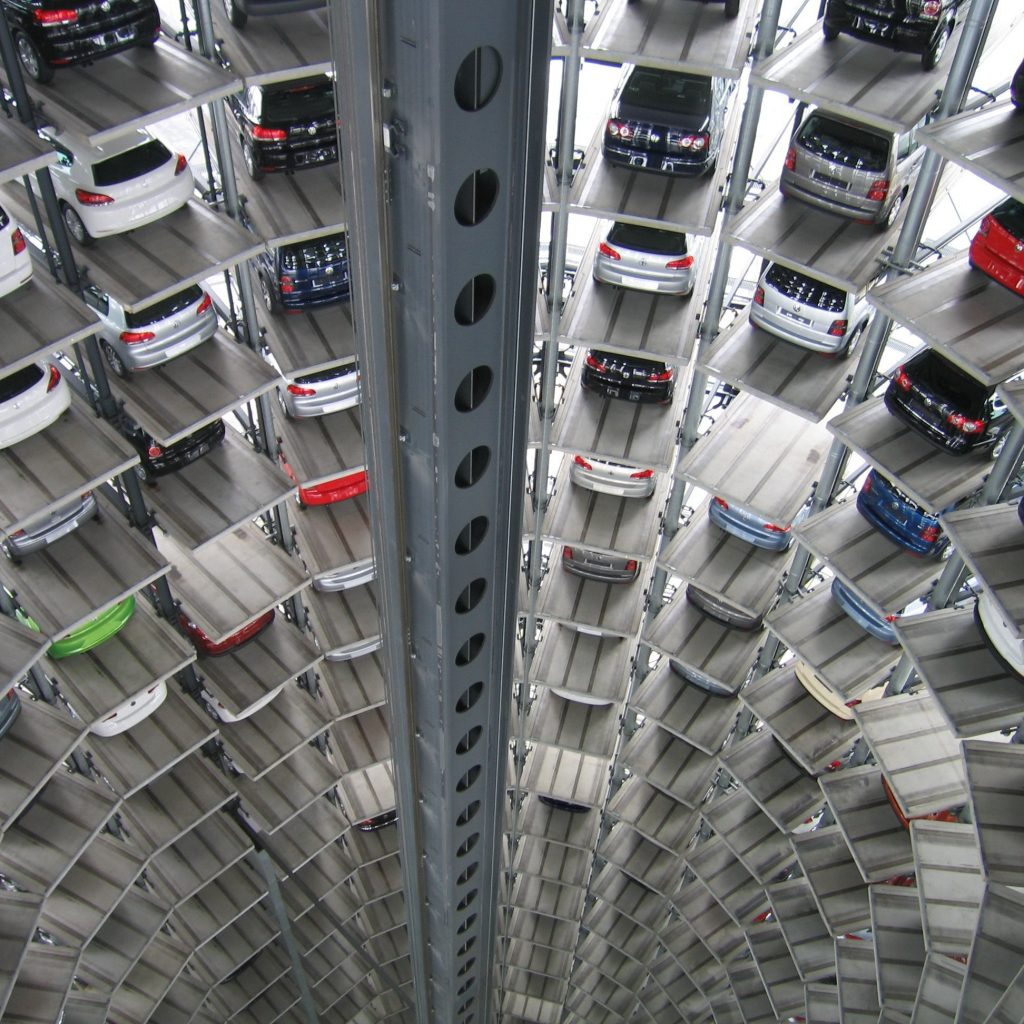Automobile manufacturers take drastic measures
Many have already suspected it, but now it has become reality. The automotive industry is struggling with ever-decreasing demand and now the employees of the car manufacturers are also affected.
One example is the Brandl Maschinenbau GmbH. The employees there will now also have to suffer as the plant in Pfeffenhausen, Lower Bavaria, is to be closed by the end of 2020. As a result, 120 employees will lose their jobs. The managing director comments this official act as a “dramatic break in the automotive supplier industry”.
Brandl restructuring boss Axel Dransfeld explains this with the statement that it would be the only possibility because the company is subject to enormous pressure. Nevertheless, things still look good for the locations in the Czech Republic and Romania.
The paint shop manufacturer Eisenmann and the supplier Weber Automotive are also hoisting the white flag. Other companies, such as Avir Gussmann, are still holding their ground. The company was previously known as Neue Halberg Guss and is now trying to move away from thin ice with a new price proposal between the Hastor family and VW. Whether this fight will be won will be announced in a few days.
Workers continue to suffer
Currently 1500 employees of the company Avir Gussmann in Saarbrücken and Leipzig have been waiting for their salary for several weeks. Just as 200 employees have not yet received any agreed severance payments. In addition, IG-Metall spokesman Thorsten Dellmann does not have high hopes at an information event: “Let’s all pray that the money will come”.
Investors such as GM, Volkswagen and Deutz fear a major crisis. This has the effect that investments in the single-digit millions are missing. The severance payments alone amount to approximately four million euros.
The reason for the potentially thousands of unemployed is mainly the low car sales in China as well as the weak economy.
E-mobility is forcing suppliers to convert. As a result, they now must decide whether to save money or continue to invest. The reason is that a lot of money must be planned for the conversion and not every company has enough capital for it.
Not only small companies are affected, but also large companies such as Continental or Schaeffler. Even Schaeffler, which ranks sixth among car suppliers, must limit its working hours. Just like Continental is now checking its plants for cost savings. The company is also trying to make savings in its German operations. Working hours are also being reduced and plants may be sold.


